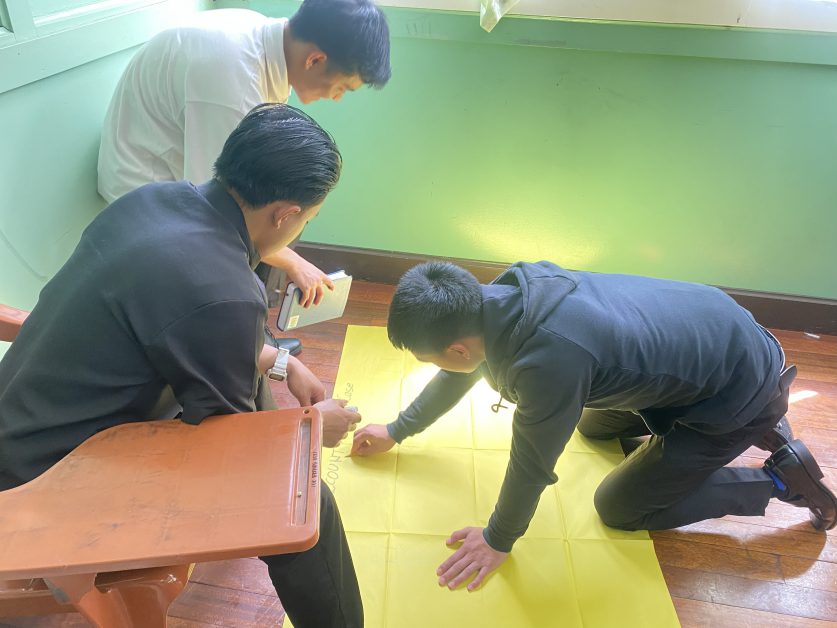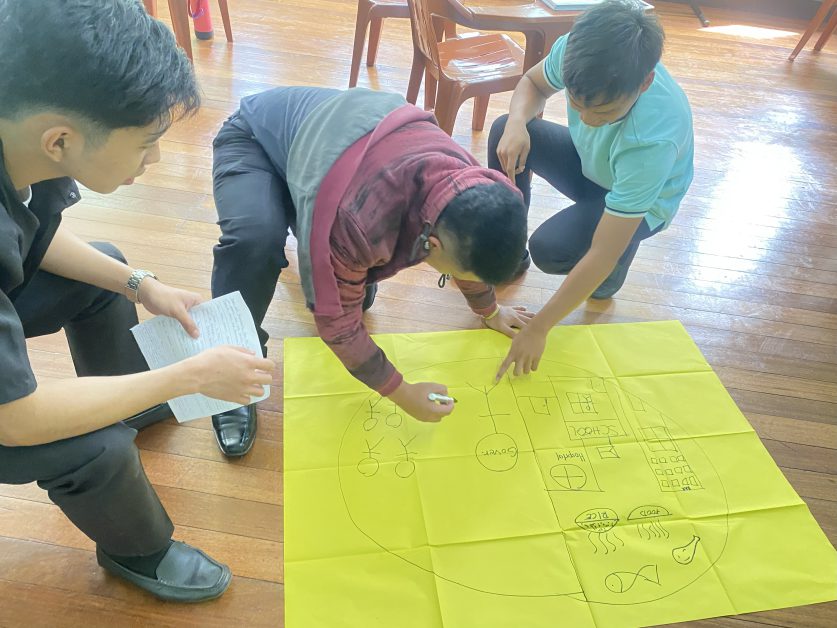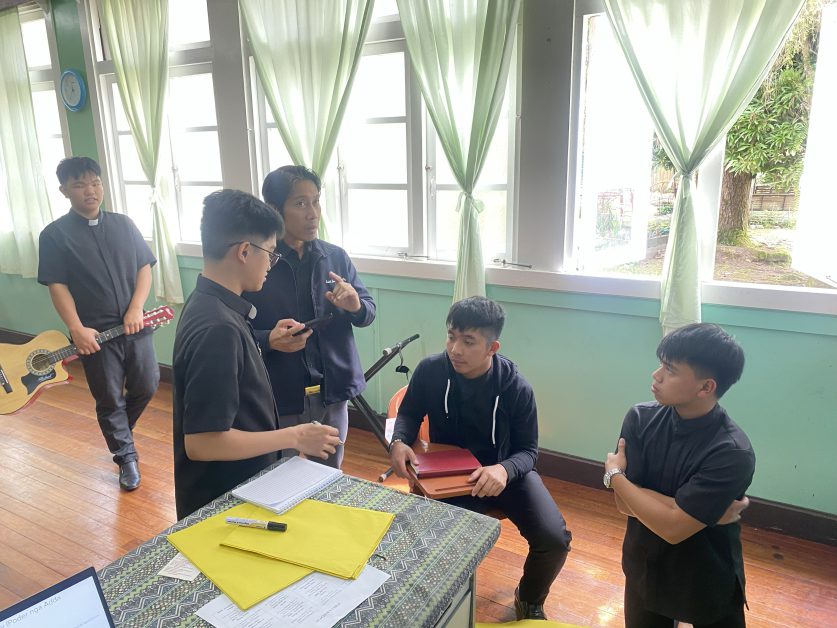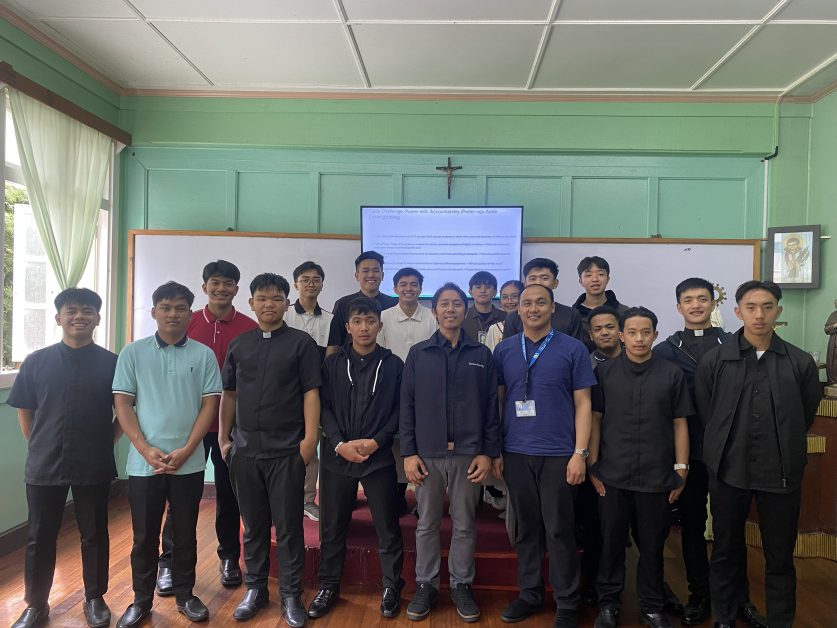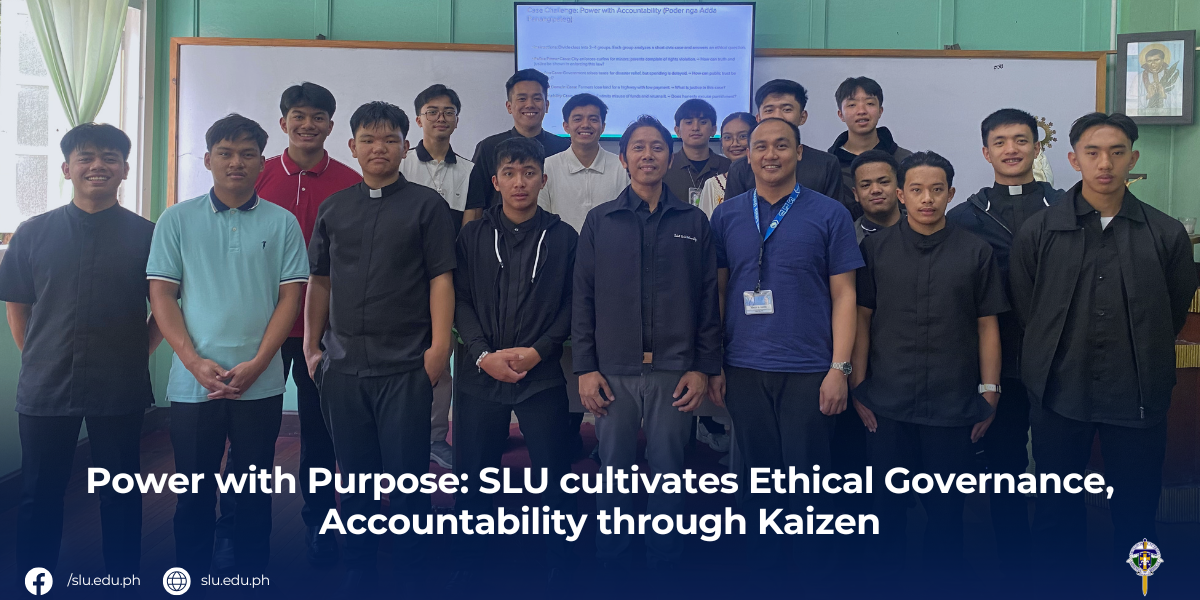The Philosophy Department of Saint Louis University’s (SLU) School of Teacher Education and Liberal Arts (STELA), in partnership with the New Louisian Philosophical Society (NEOLOUPHIS), organized a lecture-workshop titled “Power and Accountability: How the Government Uses Its Power and Why Honesty Matters” on 29 October 2025 at Saint Francis Xavier Orientation Seminary, Baguio City.
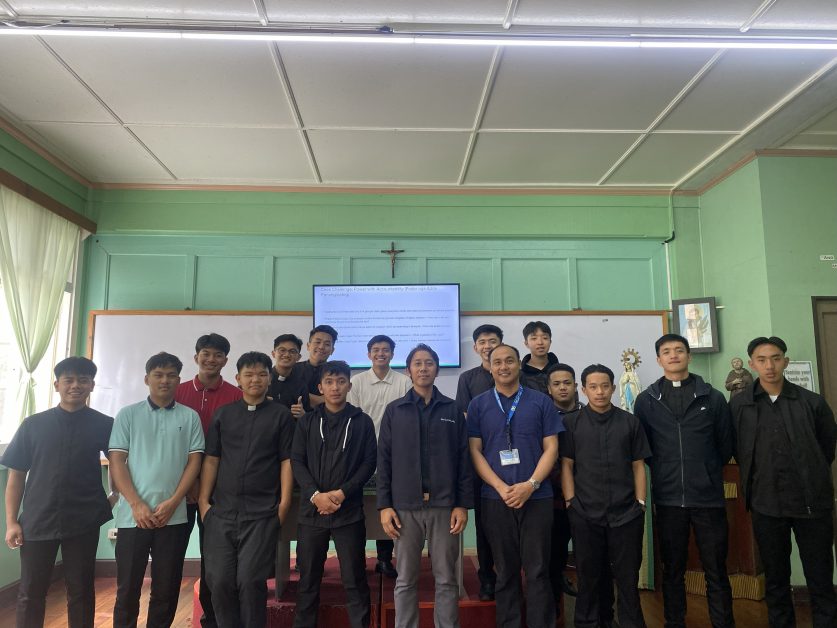
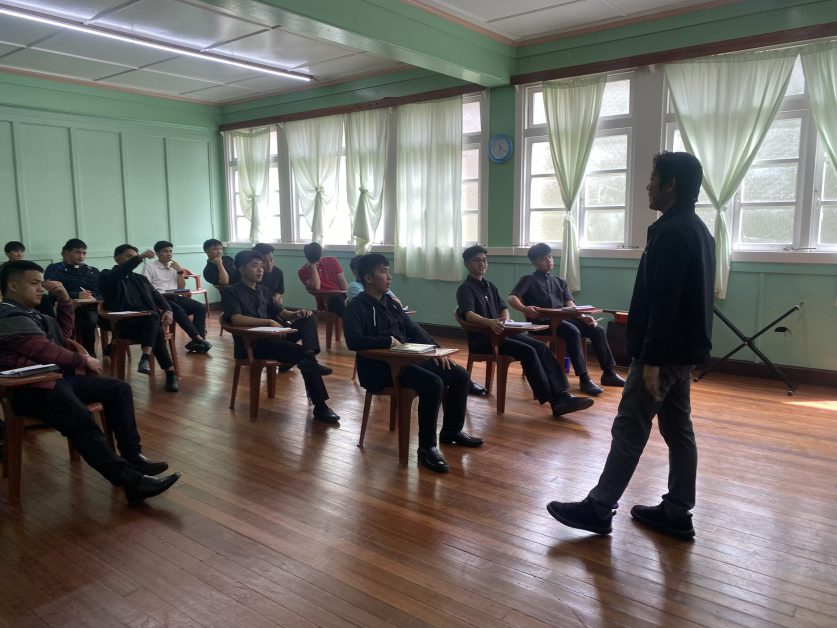
The lecture-workshop was conducted to foster and strengthen the participant’s resilience and deepen their understanding of honesty and accountability in governance, highlighting its vital role in today’s society. Aligned with this context, the core focus of the discussion was on the three inherent powers of the State—taxation, eminent domain, and police power, serving as a foundational basis for understanding how governmental authority ought to be exercised with honesty and accountability.
Anchored in the Kaizen philosophy, the lecture underscored the significance of continuous improvement as a guiding principle in both personal and institutional contexts. This philosophical orientation encouraged individuals and institutions alike to pursue excellence in governance through the perpetual enhancement of moral awareness, administrative transparency, and social responsibility. The lecture also immersed participants in critical thinking and ethical reasoning about how governments exercise power, the mechanisms of accountability, and the societal importance of transparency and truthfulness for life-long civic learning and responsible citizenship.
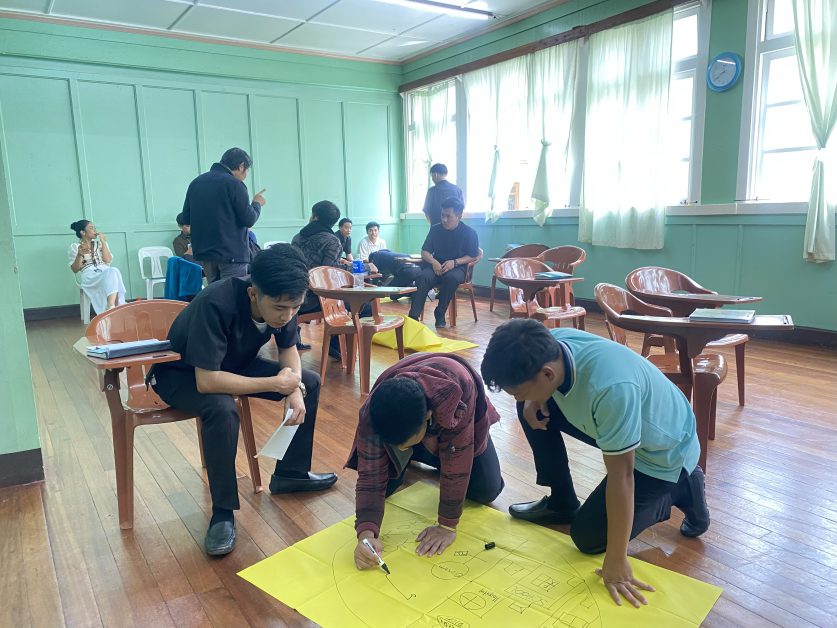
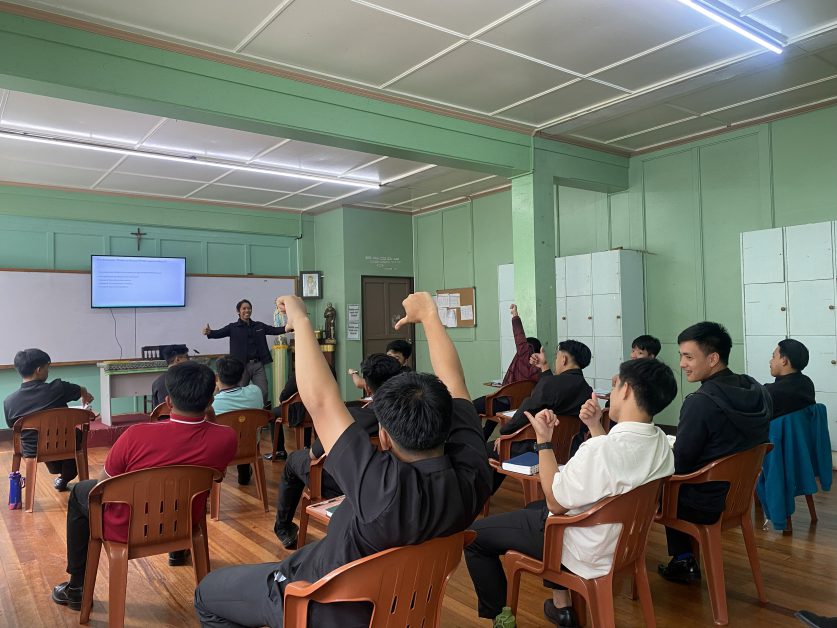
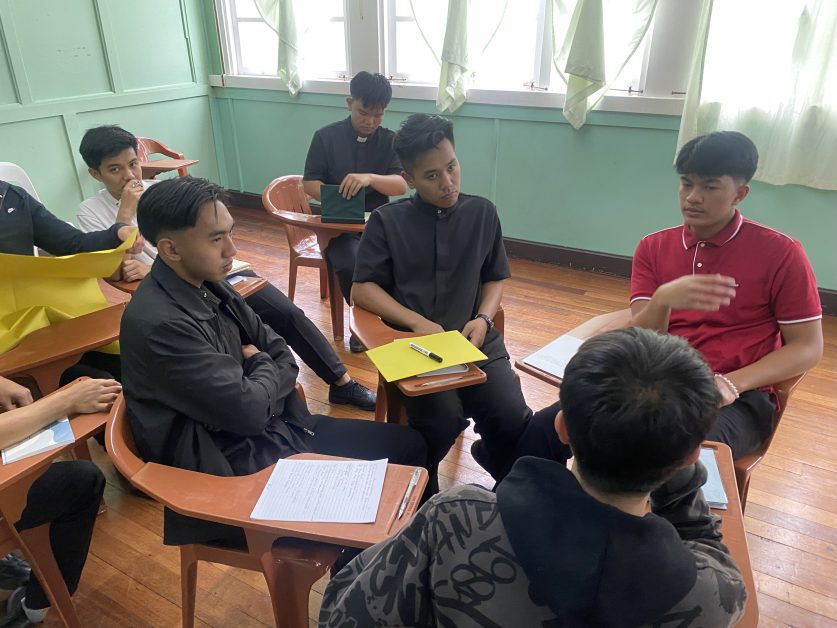
The SLU Philosophy Department and NEOLOUPHIS recognized Atty. Mark Gil J. Ramolete for delivering a lecture that contributed significantly to participants’ understanding of ethical governance and accountability. Through the collaboration with the Saint Francis Xavier Orientation Seminary, led by Rev. Fr. Mark Nabe (Rector) and Bro. Bingham Tiw-am; the SLU Research, Innovation, and Sustainable Extension (RISE) Center and STELA, the event fostered community partnership.
This lecture-workshop aligns with the CICM Advocacy of Dialogue and the United Nations Sustainable Development Goals 4 (Quality Education) and 16 (Peace, Justice, and Strong Institutions), which underscore the importance of building transparent, accountable, and ethical institutions. (Article by Claire Lorenz Tambo | Photos from SLU NEOLOUPHIS)
